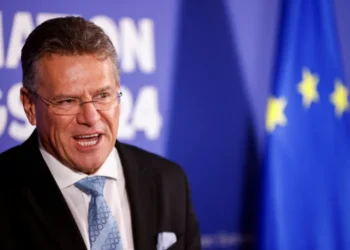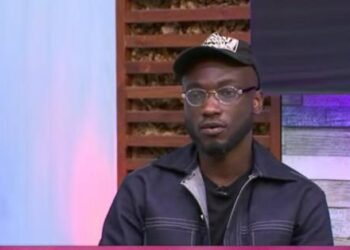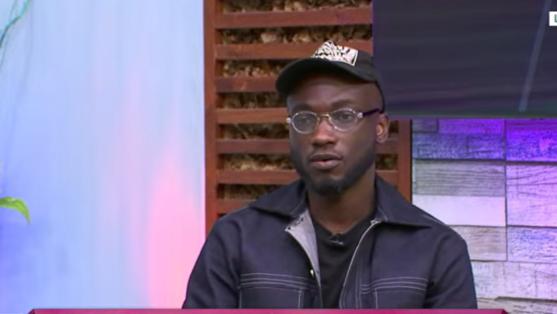Nigeria’s recent rejection of a U.S. proposal to accept deported migrants has stirred fresh tensions between Washington and Abuja. The move, which came last week, has ignited a broader conversation about national sovereignty, migration ethics, and diplomatic pressure.
At the heart of the controversy is Nigeria’s refusal to serve as a receiving ground for deportees whose home countries have declined repatriation, including Venezuelans. While the U.S. claims its new visa rules for Nigerians are part of a “global reciprocity realignment,” critics suspect the changes are retaliation for Nigeria’s stance. The Trump administration has reportedly approached several African nations, including Benin, Eswatini, and Libya, with similar requests.
To unpack the deeper implications of this standoff, Vaultz News spoke with Benjamin Ankrah, who offered insight into Nigeria’s position and the broader diplomatic stakes.
Ankrah explained that a range of domestic constraints, economic hardship, widespread insecurity, and institutional strain shapes Nigeria’s position. While previous administrations might have taken a softer stance, he said the current one is keenly aware of its internal limits.
He pointed to the country’s “persistent economic fragility, marked by low investment, high unemployment, and macroeconomic instability,” which leaves little room for accommodating additional burdens. The combination of “inadequate infrastructure, foreign exchange shortages, and a struggling private sector” continues to suppress national growth.
Security concerns further complicate the issue. Ankrah highlighted “ongoing insurgency, banditry, and communal violence” as key pressures draining public resources and weakening national cohesion.
Although the U.S. claims its new visa rules, which reduce Nigerian non-immigrant visas to single-entry, valid for just three months, are merely part of a routine policy update, Ankrah questioned that narrative. “The timing and severity of the U.S. measures… have fueled skepticism,” he said.
He acknowledged that reciprocity is a common diplomatic principle but argued that the U.S. action appears “disproportionate and may be intended to pressure Nigeria into compliance on deportation issues.”
Rejecting Externalization of Migration Management
Nigeria’s response also fits within its existing migration policy, particularly its obligations under ECOWAS. The country supports free movement and humanitarian repatriation for West Africans, but Ankrah stressed that “these frameworks are designed for citizens of member states, not third-country nationals.”
Accepting deportees with no Nigerian roots, especially prisoners, would create serious legal and logistical complications. Ankrah cautioned that doing so could “set a precedent, encouraging further externalization of migration management by powerful countries,” a scenario Nigeria is determined to avoid.
If tensions rise, Ankrah warned that the U.S. might escalate beyond visa restrictions, introducing trade barriers or curbing bilateral cooperation.
“Economic risks include reduced access to U.S. markets, investment, and educational opportunities for Nigerians, as well as potential impacts on remittances and bilateral cooperation. Diplomatically, strained relations could hinder collaboration on security, counterterrorism, and regional stability.”
Benjamin Ankrah

However, he noted that Nigeria appears to be hedging its diplomatic bets. “Nigeria’s participation in alternative alliances, such as BRICS… suggests a willingness to diversify partnerships and absorb some fallout,” he said.
Beyond policy and strategy, Ankrah raised concerns about the ethical implications of the U.S. request. Forcing Nigeria to accept migrants with no legal or familial ties raises serious questions about international norms.
“The U.S. push for Nigeria to accept third-country deportees raises ethical and legal questions about state sovereignty, non-refoulement, and the rights of migrants,” he said.
As a signatory to key international conventions on migration and refugees, Nigeria has a legal basis to reject such demands. Ankrah argued that the country can push back diplomatically by “leveraging international frameworks… and seeking support from multilateral organizations such as the UN.”
He concluded that Nigeria must continue to emphasize “the need for fair burden-sharing” in global migration, asserting its national interests while still upholding international standards.
READ ALSO: Calls Grow For Ghana’s By-Election Overhaul




















